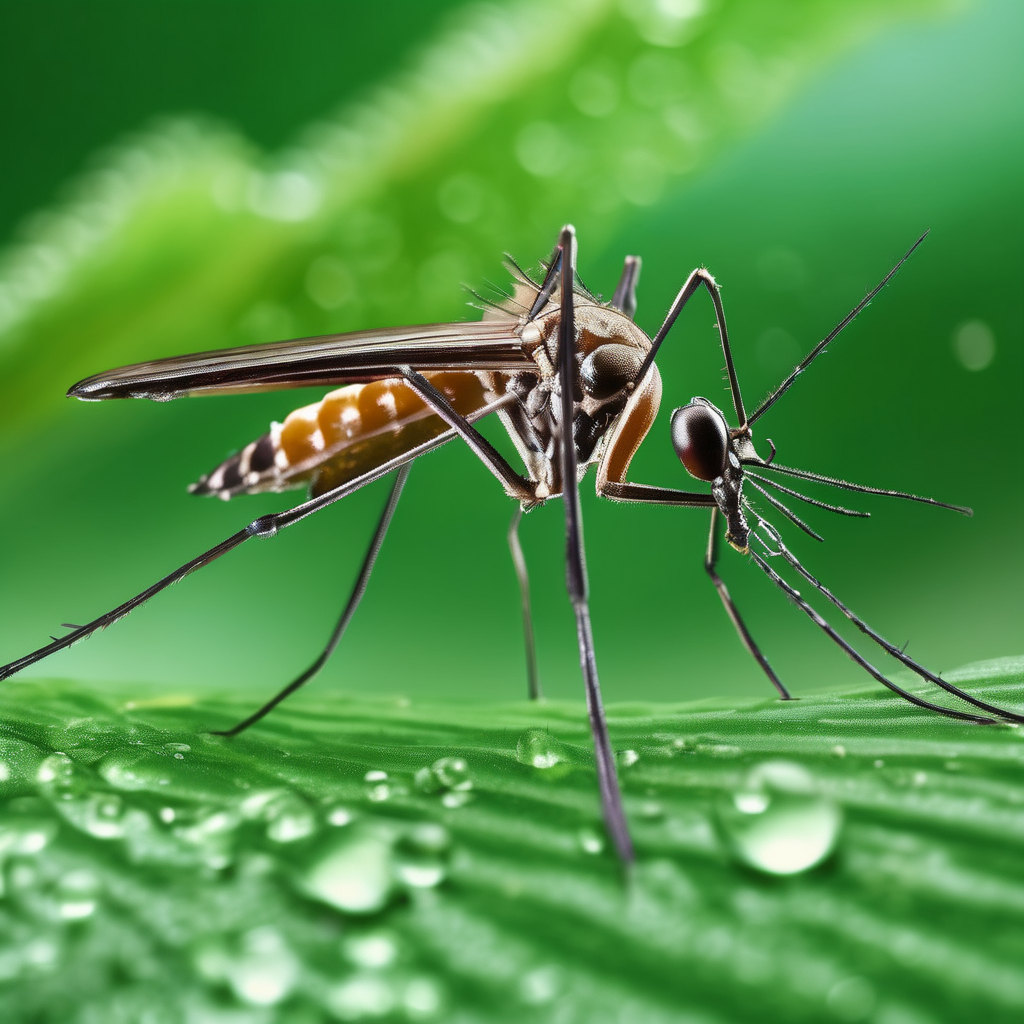Dengue infections in Bangladesh are escalating at an alarming rate, as health officials have noted the most significant rise in deaths and hospitalizations in a single day this year. Within the last 24 hours, there have been 12 recorded deaths and 740 new hospital admissions due to the mosquito-borne illness. To date, dengue has claimed at least 179 lives and infected nearly 42,000 people nationwide.
The surge is particularly concerning for children, who are increasingly being admitted to hospital wards with symptoms such as high fever, rashes, and dehydration. These young patients often present with severe complications. Dr. ABM Abdullah, a physician, emphasized the heightened risks for children due to rapid fluid loss and shock, making severe dengue extremely perilous. He advised parents to be vigilant and to not ignore early symptoms like persistent fever or bleeding gums.
Entomologists attribute the worsening outbreak to changing weather patterns. According to Kabirul Bashar, a zoology professor at Jahangirnagar University, the extended monsoon season has resulted in standing water, providing ideal breeding grounds for mosquitoes. Bangladesh’s rapid urbanization and inadequate waste management, along with stagnant water in construction zones, compound the crisis.
The pressure on hospitals is mounting, as is the doctors’ apprehension about the escalating situation. The threat is exacerbated by a rise in chikungunya cases, which, although rarely fatal, lead to severe joint pain and lingering disability in both children and adults.
Historical data indicates that 2023 was the deadliest year on record, with dengue causing 1,705 deaths and more than 321,000 infections. Experts warn that without robust preventive measures, such dire cycles are likely to continue.
Efforts from past similar outbreaks suggest the necessity of community involvement and comprehensive government intervention to mitigate the impact. Clean-up campaigns, public awareness, and prompt medical response have previously shown promise in controlling outbreaks. Strengthening these measures amid current challenges paints a hopeful picture of controlling the outbreak, although the situation remains critical. Robust community cooperation and effective health strategies are essential in fostering a safer environment and are a pillar of hope in managing this health crisis.
